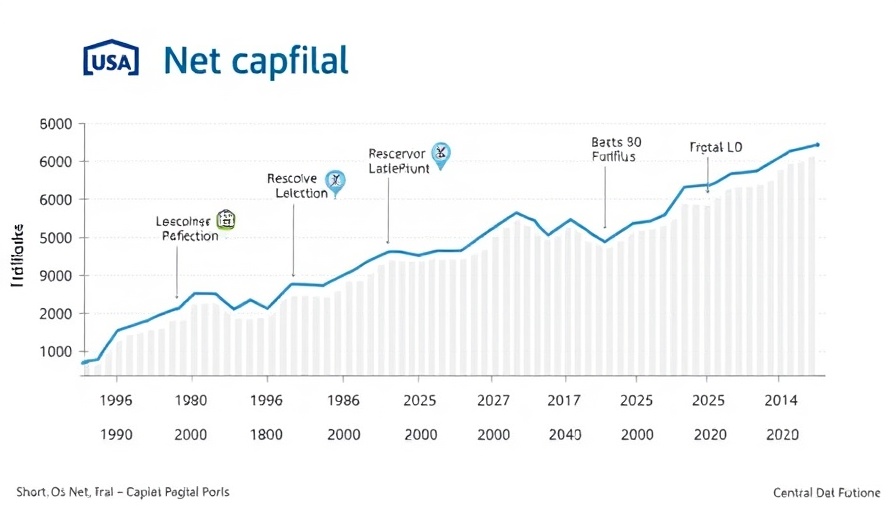
Financial Wisdom: Avoiding Common Investment Pitfalls
For high earners in Philadelphia looking to grow their wealth, understanding how to avoid common investment mistakes is vital. Barry Ritholtz’s new book, How NOT to Invest, distills crucial ideas about what to avoid in the stock market. By categorizing errors into three main areas—Bad Ideas, Bad Numbers, and Bad Behavior—Ritholtz provides a roadmap to smarter investing.
Understanding Bad Ideas
One of the frequent pitfalls is succumbing to poor financial advice. Investors often listen to ‘financial gurus’ who make confident predictions, despite evidence that such forecasts are often incorrect. Recognizing that successful individuals in one domain may not possess the necessary skills in finance is crucial. The media amplifies this issue, promoting a 24/7 news cycle that encourages impulsive decisions rather than the patience necessary for successful long-term investing.
Placing Too Much Trust in Numbers
Ritholtz discusses how economic innumeracy affects decision-making. Without a solid grasp of how to interpret numbers in context, investors may feel overwhelmed or misled by seemingly straightforward data. The key takeaway is the importance of focusing on larger trends rather than reacting to short-term market fluctuations. Educational resources that clarify concepts like compounding and valuation over time can empower investors to make more informed decisions.
The Impact of Behavior on Investing Success
Bad behavior often manifests in emotional decision-making. Investors may allow fear or greed to dictate their strategies, often leading to regrettable trades. Behavioral finance emphasizes the necessity of acknowledging our psychological biases—such as overconfidence and loss aversion—that lead to costly mistakes. By developing a disciplined investment strategy based on research, rather than emotions, individuals can not only protect their assets but also enhance returns.
The Road Ahead: Create a Robust Investment Strategy
A rich insight from the book is encapsulated in the advice to avoid ‘knee-jerk’ decisions. For Philadelphians entering or continuing in their investment journeys, it’s essential to take a step back and assess their strategies comprehensively. Commitment to a well-structured long-term plan can often yield better results than hasty, emotionally driven decisions.
Investing successfully is a dynamic task, but by recognizing bad ideas, scrutinizing the meaning behind numbers, and understanding emotional influences, wealthy individuals can navigate the financial landscape more effectively. Now is the time for top earners looking to build their wealth wisely. Consider tools that help streamline investment tracking and assessment. It's never too late to refine your approach to achieving financial success!
 Add Row
Add Row  Add
Add 




Write A Comment